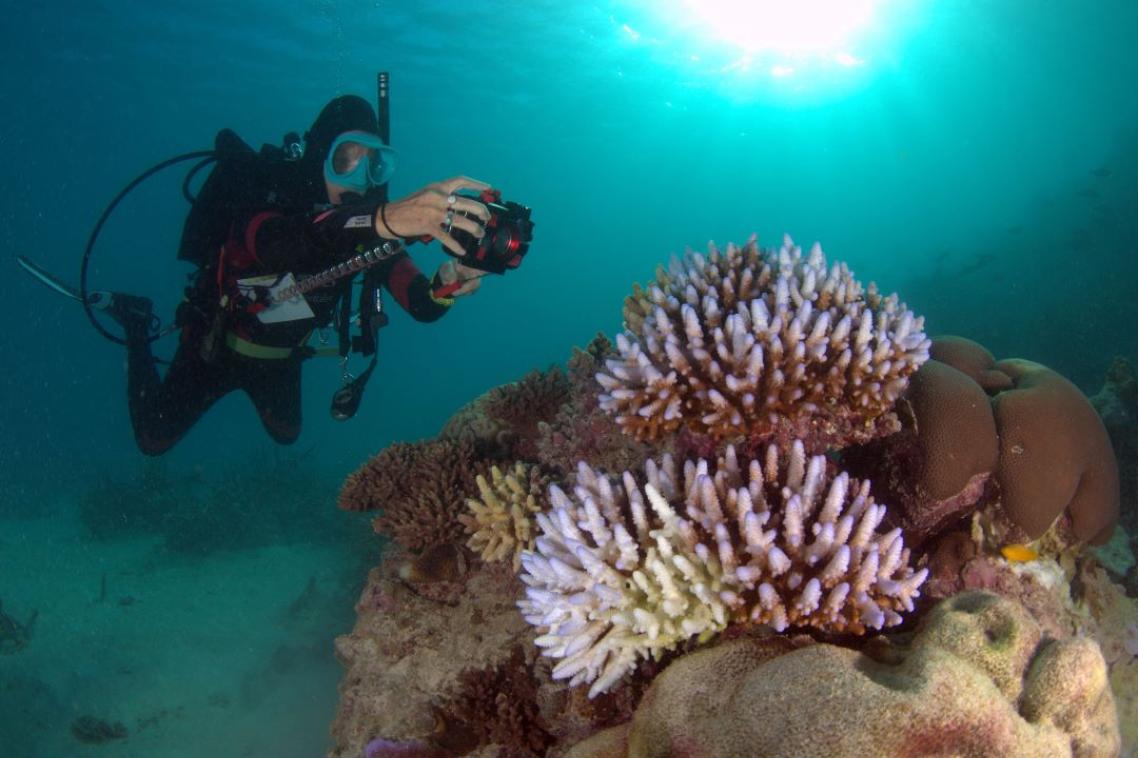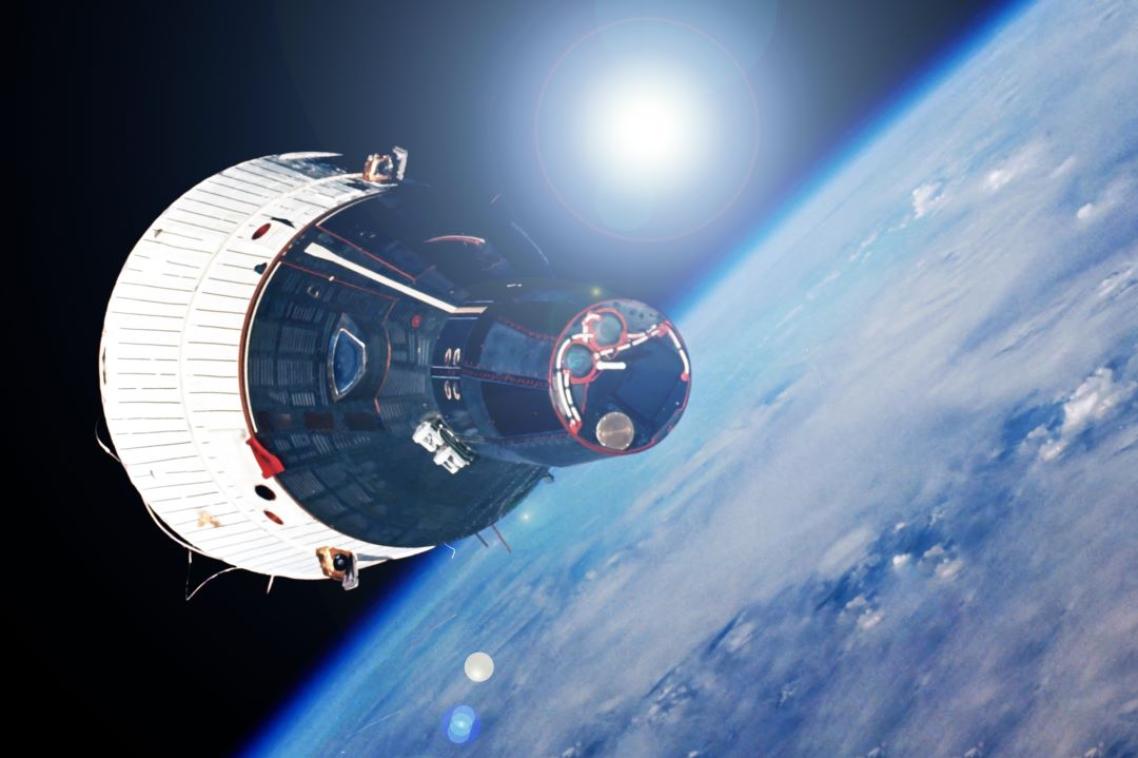UQ receives funding to produce Hendra virus antibody
The University of Queensland has received $180,000 funding from Queensland Health to continue the local production of an antibody for Hendra virus in humans.
Queensland’s Chief Health Officer Dr Jeannette Young said last year the Queensland Government invested $300,000 to the Australian Institute for Bioengineering and Nanotechnology (AIBN) at The University of Queensland to locally produce a monoclonal antibody for use as an experimental Hendra virus treatment.
“Today’s funding announcement will help ensure the continued development of this vital drug,” she said.
Dr Young said the drug therapy will help improve the survival rate of people exposed to Hendra virus.
“The devastating effects of Hendra virus are clearly evident,” she said.
“The disease was first detected in Mackay and the Brisbane suburb of Hendra in 1994 and there have been a number of outbreaks in recent years. It’s important that we are able to produce this locally.”
AIBN Director Professor Peter Gray thanked Queensland Health for its continued support for the development of an emergency Hendravirus treatment.
"We have been able to use our people and equipment to work with Queensland Health to develop a process to produce the monoclonal antibody," Professor Gray said.
“Stocks of the antibody are now available to use to reduce the progression of the disease in people who have been exposed to the virus.”
Dr Young said the funding backed up Queensland Health’s agreement with a United States agency, enabling The University of Queensland to continue to produce this therapy.
“It is very important for people to understand that this is not a vaccine as such … it’s about
maximising a person’s chances of survival once they have come into contact with this disease,” she said.
Since 1994 there have been 14 outbreaks of Hendra virus in Queensland, with seven people
contracting the virus. In 4 cases it has proven fatal.
Hendra virus is not used at any stage of the monoclonal antibody production.
Media: Penny Robinson at UQ Communications (07 3365 9723, penny.robinson@uq.edu.au)
Topics
Related articles

Thousands of Queensland reef photos lead to worldwide change

UQ to conduct world-first tests into effectiveness of magnetic heat shields for atmospheric re-entry of large spacecraft
Media contact
UQ Communications
communications@uq.edu.au
+61 429 056 139
